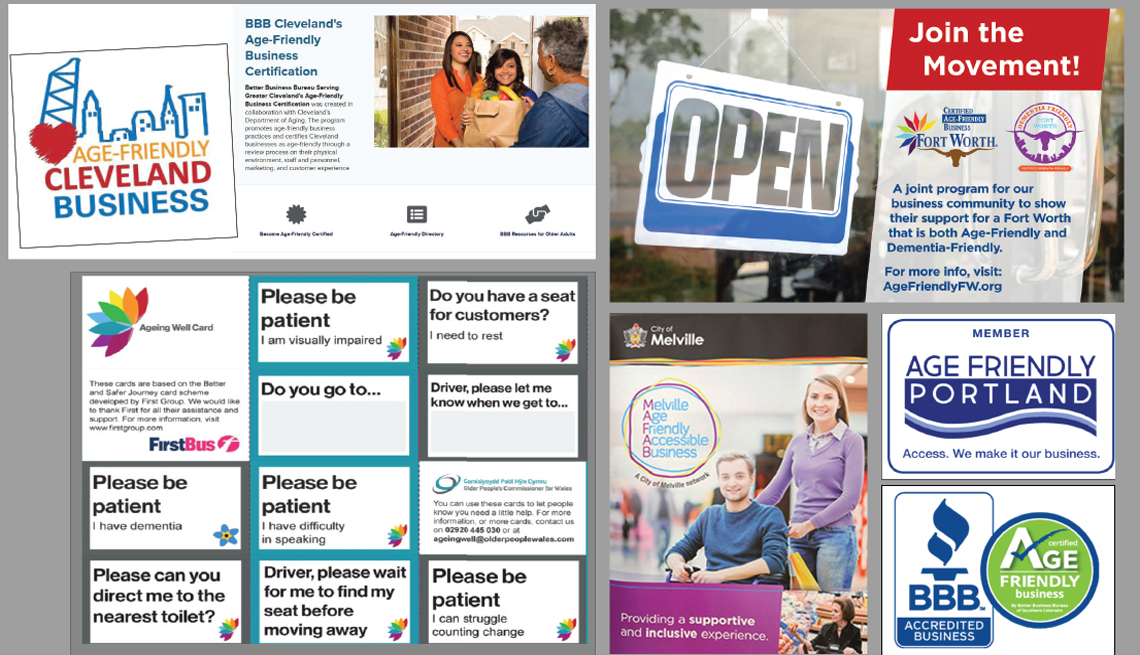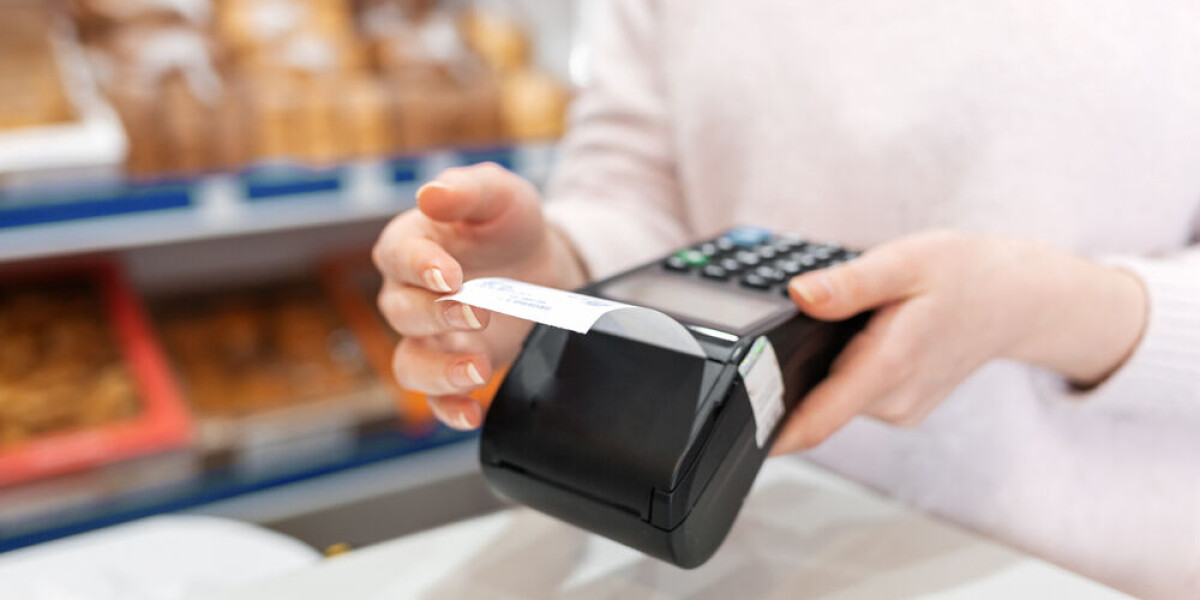
- Select a language for the TTS:
- UK English Female
- UK English Male
- US English Female
- US English Male
- Australian Female
- Australian Male
- Language selected: (auto detect) - EN
Play all audios:
INTERNATIONAL NUMBERS ARE USED TO TRICK VICTIMS People in France are being warned of an increasing number of scam callers using international numbers to try and trick victims. Currently,
Dutch numbers (with a +31 call code) seem to be the most commonly used by fraudsters. However at the beginning of the year, the scam was often conducted with numbers using a UK call code
(+44). The scammers call unsuspecting victims from these international numbers hoping the unusual call code will make them intrigued and cause them to pick up. One of the scams commonly used
includes a person using a ‘robotic’ voice filter offering them money to do simple tasks such as watching videos on social media sites or rating hotels online. Once completed, victims are
compensated with the promised cash or given some form of reward, increasing their trust in the fraudsters, before scammers ask victims to pay some money to unlock a higher tier of jobs. No
such tier exists, and the scammers leave with the money. WHY ARE DUTCH NUMBERS BEING USED? At the start of the year, there were several reports of scammers using UK numbers to conduct the
scam. Experts said UK numbers were being used to give an impression of legitimacy, as some victims may think the calls were coming from ‘a big, rich English company.’ Read more: Scammers
using UK phone numbers to target people in France Widespread reporting of the scam in French media may have led scammers to slightly alter their method to avoid people ignoring the calls.
“It's not impossible that crooks have noticed that +44 numbers are synonymous with scams, thanks to media articles or because they are increasingly reported,” said French ‘scam hunter’
Centho to media outlet RMC Conso. Another reason Dutch numbers may be used is because they have a listing similar to French numbers. Both begin with a ‘3’ (France’s call code is +33), and
Dutch numbers are followed by a 6. French mobile numbers begin with a 6 or 7, so at a glance victims may not realise the number is an international code and picking up. However, the calls
originate neither from the UK or the Netherlands. “These calls are made using SIM card numbers, not fake ones that can be obtained using applications,” the ‘scam hunter’ said. “There can be
a lot of identity checks with +33 numbers, if they use a LycaMobile card for example. There certainly aren't as many with +31 or +44 numbers,” he added. Read more: French MPs vote in
favour of ban on sales calls unless consent has been given HOW TO AVOID THESE SCAMS To avoid telephone scams, you should not answer calls from numbers you are unaware of, even if they
contain a UK call code. Someone who needs to get hold of you will leave a voicemail, or send another form of communication. If you do pick up one of these calls and it does turn out to be
a scam, do not interact but simply hang up. You can report scam numbers through the official Signal-Arnaques website. Read more: Scams: How to avoid SIM swapping in France







